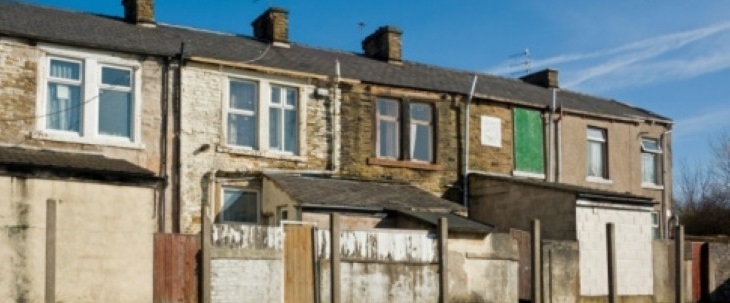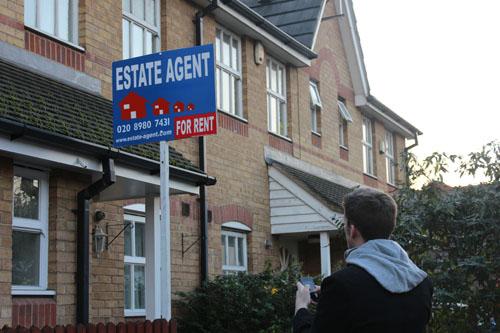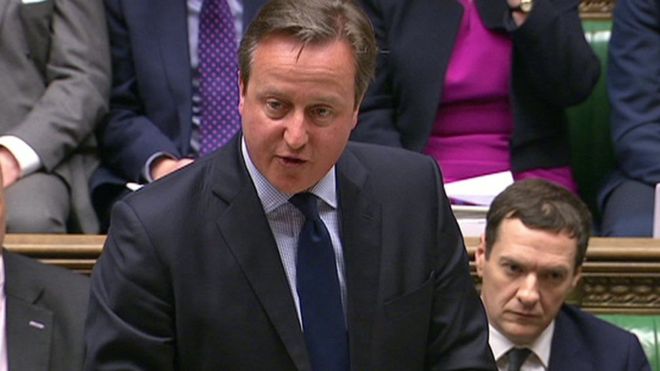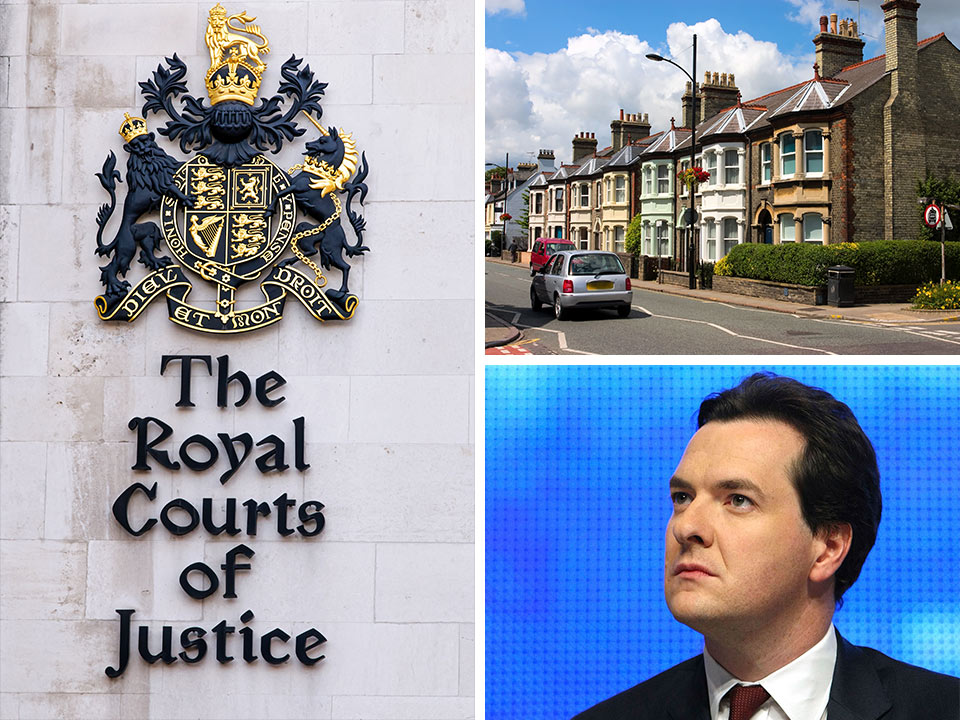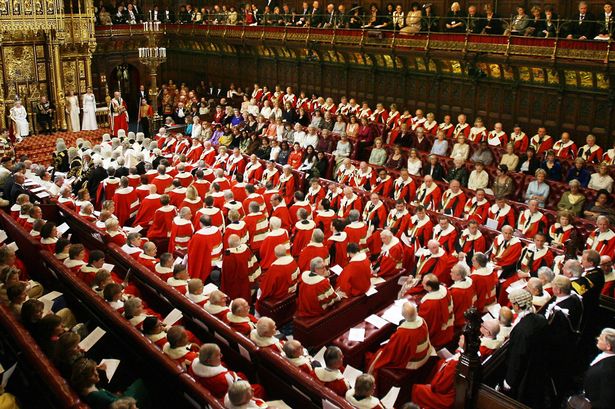Cherie Blair has spoken at an event organized by Landlord and letting agent groups seeking to overturn Chancellor George Osborne’s planned changes to mortgage interest relief for landlords. The Chancellor’s proposals, introduced in the 2015 Budget and Autumn statements, are intended to eliminate tax exemptions which the Treasury claims are not enjoyed by investors in other asset classes such as shares. Under the proposals, landlords operating as sole traders will be less able to deduct mortgage interest payments when calculating their tax liabilities.
Legal Challenge
Mrs Blair spoke at the event as council to a legal challenge brought against the Treasury proposals following the failure of a formal Parliamentary petition. The motion started by the Residential Landlord’s Association fell more than thirty-one thousand signatures short of the required hundred thousand to merit debate in Parliament. The failure to exert pressure on the Government using petitions led to a crowdfunding campaign by landlords to finance a legal challenge to overturn the Chancellor’s measures.
Judicial Review
Acting as legal council to the complainants through Omnia Strategy, the law firm she founded and chaired, Mrs Blair claims that the Chancellor’s proposed changes warrant a judicial review since they discriminate against landlords according to the European Convention on Human rights. This gives one the right to hold one’s property in a way without unfair taxation. Mrs Blair also purports that the tax changes go against European Union competition laws by favoring large institutions over small individual investors.
Also speaking at the event was the Conservative Life Peer and former member of Parliament Lord Howard Flight who had written a letter to the Government “Why the Government is wrong to attack Buy-to-Let.”
The conference, titled the “Tenant Tax Summit” was held on 9th June at the ILEC Conference Center in Earl’s Court. Sponsorship was provided by various property investors and landlord’s organizations including Platinum Property Partners, Velvoir, the Humber Landlord’s Association and the Residential Landlord’s Association among others.

